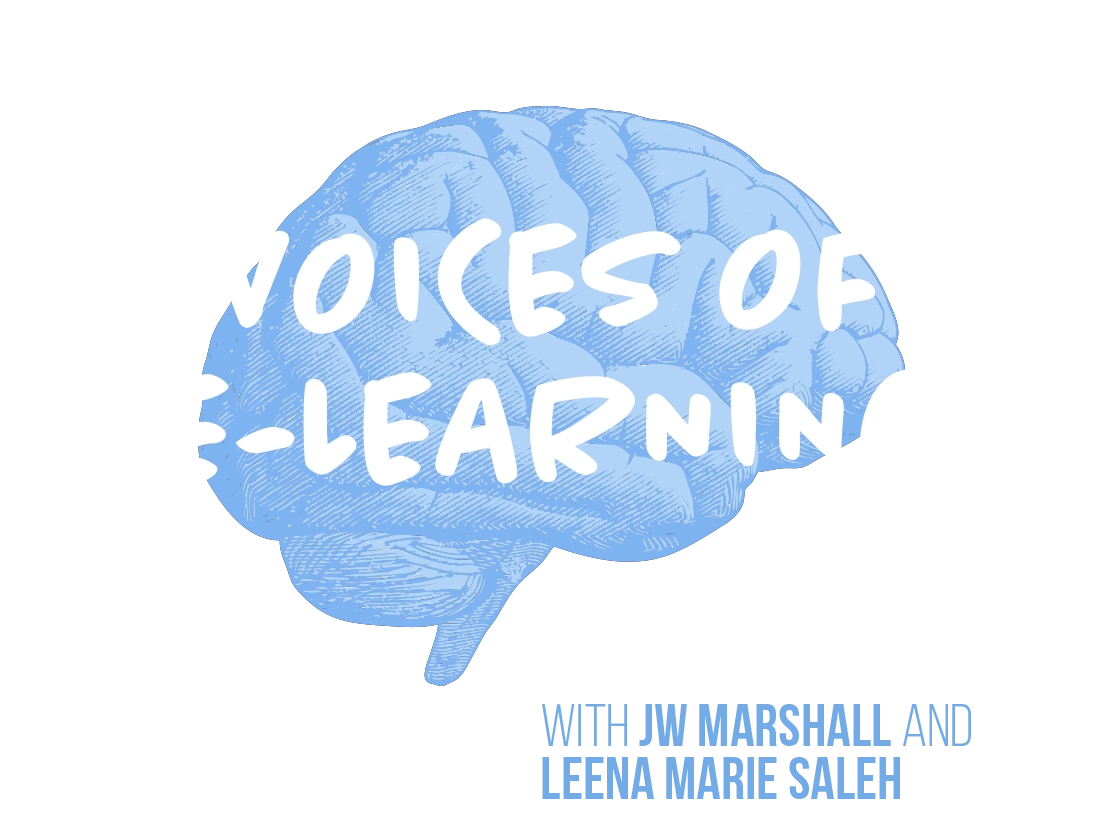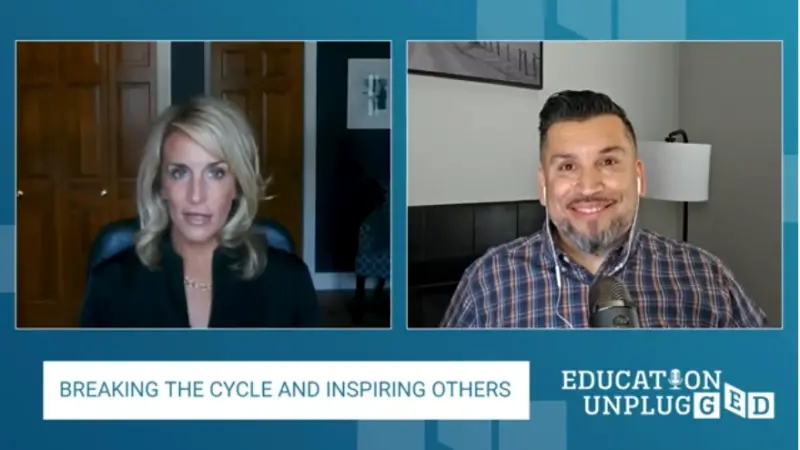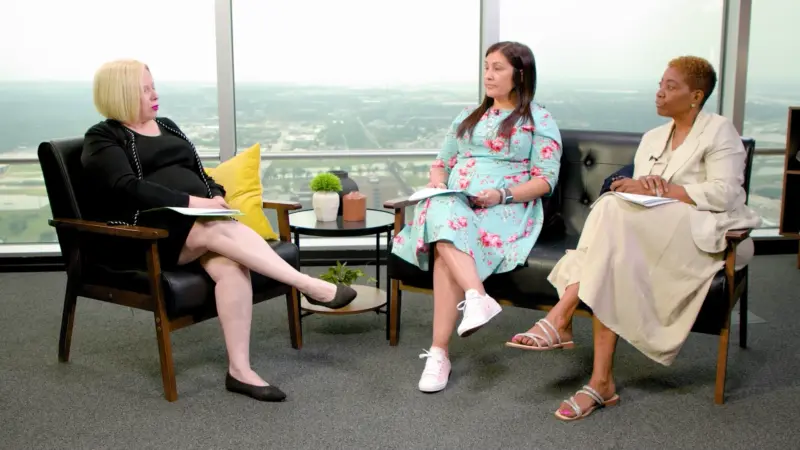Students Need Advocates and Education Equity Needs to Be the Focus
Education equity. It seems like a no-brainer. Every child deserves the right to a high-quality education and students need advocates. Yet, at the outset, beginning with early childhood education and care (ECEC), disadvantaged children are less likely than their more advantaged peers to participate in ECEC programs. If these children start their early education journeys at a disadvantage, what happens when they enter K-12? Who advocates for them?
It’s a question the Voices of E-Learning continually asks because the challenge remains. Although many are working on solutions to create and sustain digital and social equity in education, the job is far from complete.
Proximity Learning believes students need advocates to achieve education equity. Their mission is to connect all learners with the expert teachers they deserve. Voices of E-Learning hosts JW Marshall and Leena Marie Saleh welcomed, as their guest, Evan Erdberg, Founder and CEO of Proximity Learning. In addition to learning more about what Proximity Learning is doing to level the education playing field, Marshall wanted to know if the constant buzz about teacher shortages in the U.S. was true or if Erdberg felt differently about the situation.
“There is not a teacher shortage because we have millions of people trained to be teachers,” Erdberg said. There’s a shortage because they do not want to teach. That’s where we have this visceral shortage. And the shortage started before COVID because of how teachers were being told how they had to do their jobs. The passion was being taken out of teaching.”
Marshall, Saleh, and Erdberg’s conversation touches upon several topics…
● How Proximity Learning works to fill gaps in the teacher shortage landscape and complement what education is doing at the public-school level
● The power of mentorship in education
● What teachers can do to innovate, motivate, and thrive again in the classroom
“Teachers do have power now,” Erdberg said. “Because they can get a job anywhere. So, I would say teachers have been typically taught to obey the system. You come in; you do the system; you put your head down and do your work, and that’s it. Now is the time when you should speak up. We need more teachers willing to speak up and say, I disagree; I think we need to do this differently.”
About Evan
Evan Erdberg, Founder and CEO of Proximity Learning, Inc., has 15+ years of experience putting students first as a digital education entrepreneur. Erdberg holds a BA in Marketing & Management from Franklin & Marshall College and an MBA in Organizational Leadership from the University of Edinburgh. He is a current National Virtual Teacher Association (NVTA) board member.



